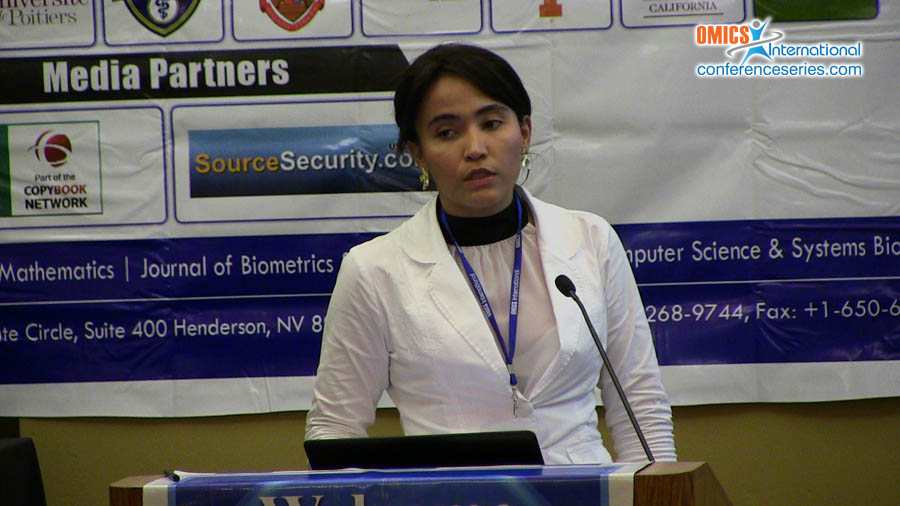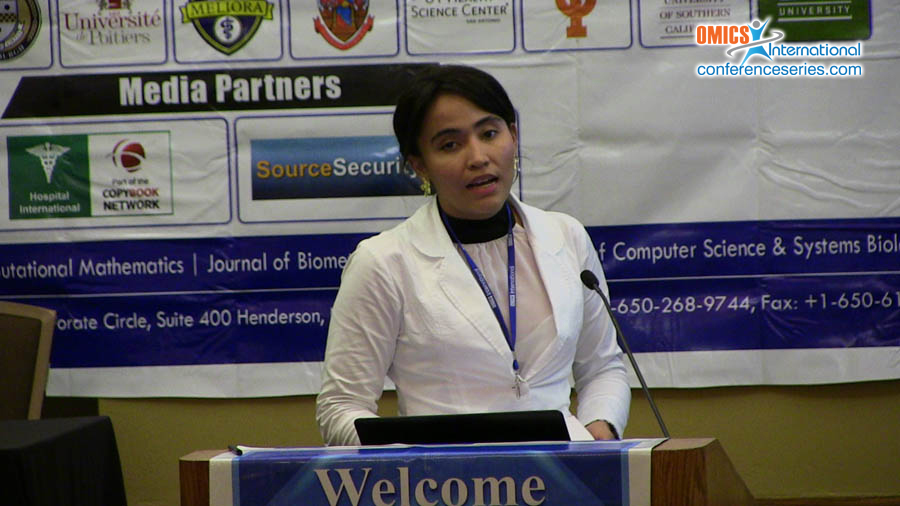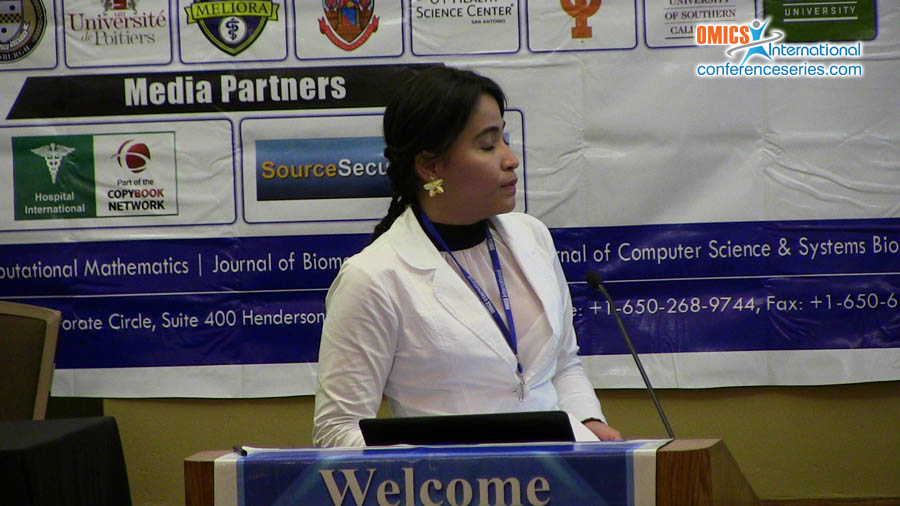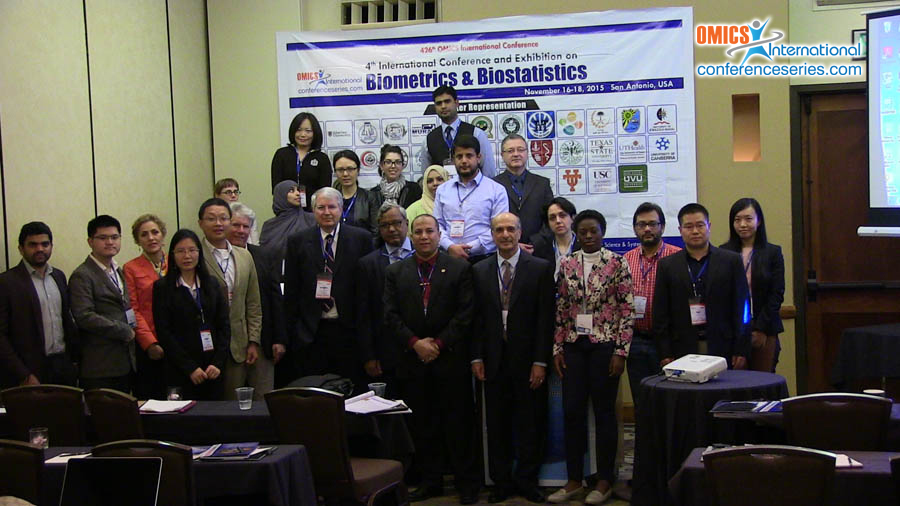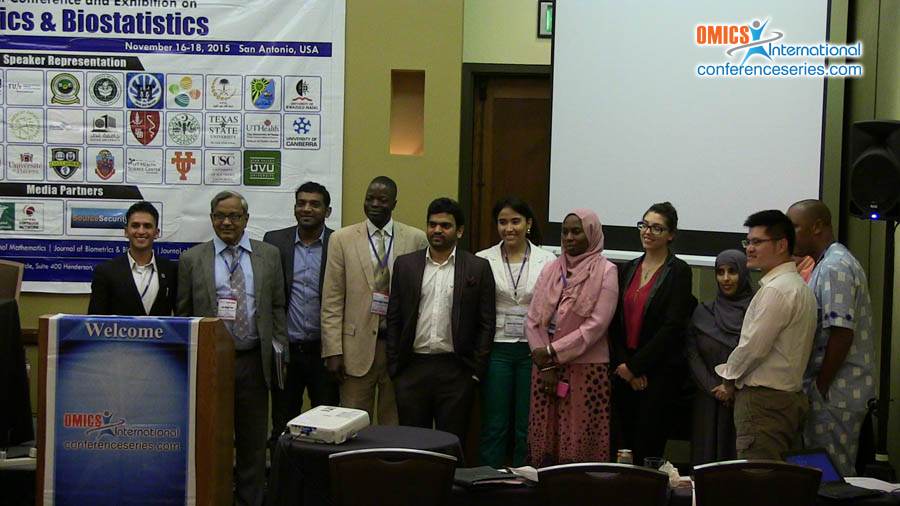
Juliana Torres Sánchez
Universidad Nacional de Colombia
Colombia
Title: Effect of atypical populations in meta-analysis
Biography
Biography: Juliana Torres Sánchez
Abstract
The meta-analysis is a statistical technique that allows the sum of different studies, to obtain conclusions allowing the unification of results, helping for true understanding of the response variable analyzed. In this research, the effects that an atypical study has on the results of the meta-analysis are discussed, and provide recommendations for dealing with them, where the interest response, refers to mean and/or proportions. General Objectives: To generate a proposal about the identification and the appropriate handling of atypical studies in meta-analysis. Specific Objectives: To determine the effect of an atypical study over meta-analysis results, to introduce the methodology by using simulation in ‘metafor’ package from R software and developing the corresponding conclusions and suggest solutions to detect and deal with atypical studies. Methods or Models: This research project is based on the realization of a meta-analytic process to evaluate the effect of atypical populations in the process of meta-analysis through simulations using statistical software that supports control to assess variations in the mean and variance of only one study that is considered atypical, under control levels. The simulation procedure is based on shifts in mean and variance both up and down, so that their effects can be observed in the meta-analysis to infer the effect in other types of study of various features, without diminishing the validity. The incidence that atypical study takes in an analytical process may be negligible or can be so significant that it can radically change the meaning or own inferences reached by the meta-analysis, offering expressions that could be taken as true and false or vice versa.
Speaker Presentations
Speaker PDFs
Speaker PPTs Click Here

